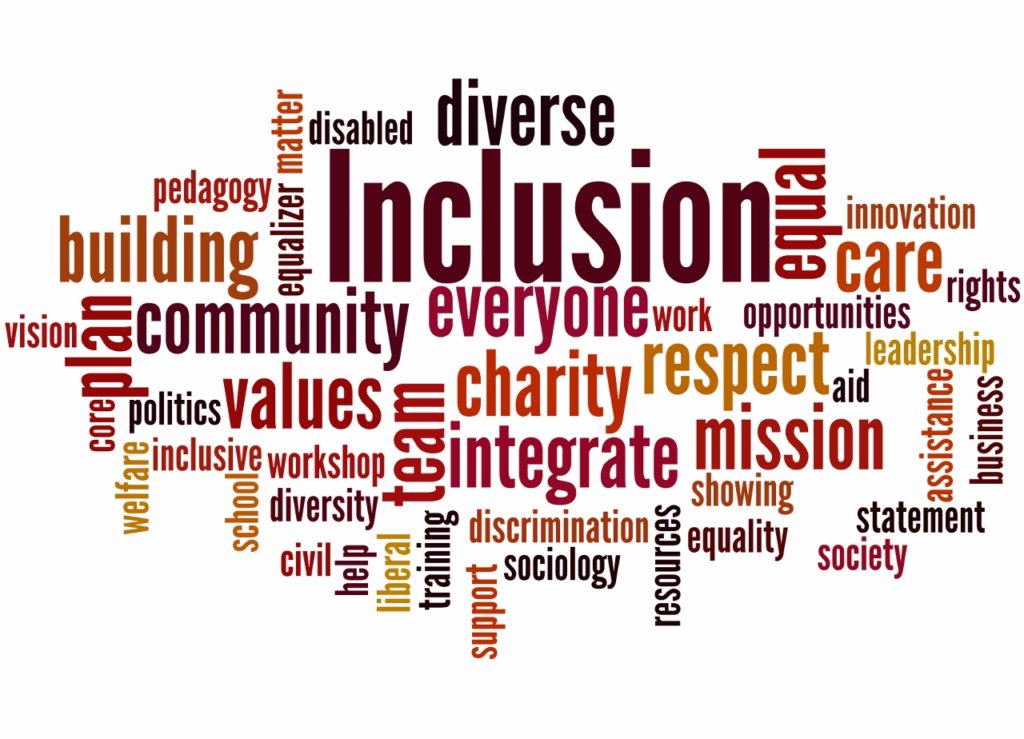About Labels and Labelling
There are a lot of labels and labelling issues in the field of learning disabilities (LDs). There are questions about the word “disability”, there are questions about the specific names of specific LDs, and to make things even more complicated, the terms mean different things in different places. Here are some of our thoughts about the issues, the terms, and ways of thinking about them.

“Learning Disabilities?”
Right off the top, many people wonder whether “learning disabilities” is the best label to use. Some say “disability” is not an accurate label, since people with LDs are not unable to learn – they have the ability to learn just like anyone else, when they’re taught appropriately, when they’re taught appropriately. Many people prefer the phrase “learning differences” instead.
We acknowledge that the term “learning disabilities” is not perfect, but the term is used in medical, employment and educational settings and is recognized in the Ontario Human Rights Code. The term ‘disability’ confers rights that are not available to people who do not have a disability diagnosis. However you choose to label your LDs, we suggest you get at least a little comfortable with the term “learning disabilities”.
Specific Labels
Underneath the umbrella of LDs, there are many more labels – and arguments about them. Some specific types of LDs are given very specific names, and those names are not always agreed upon: dyslexia, dyscalculia, dysgraphia and central auditory processing disorder each refer to specific types of LDs. Each of the specific names introduces more controversy for some people and clarity for others.
For example, the term dyslexia can refer to difficulties in reading, writing, or both. At LDAO, we tend to use descriptions – like “language-based LDs”, or “LDs that affects reading” – when talking about categories of LDs . When we talk about specifics, it’s often useful to describe the way a particular person learns, and their specific areas of processing strength and weakness. The real issue is to ensure that any individual is able to get the help they require, regardless of the type of LD or the label used.
The Bottom Line
The important thing to keep in mind is that labels are constructs; we humans make them. That means that they can change and evolve, depending on how we need to use them. It also means that the labels shouldn’t determine how we understand people, and that labels given to groups of people shouldn’t be used to predict how those individuals will be. My LD and your LD may be very different. Calling them both LDs is useful for studying and talking, but that doesn’t change how unique we both are.
